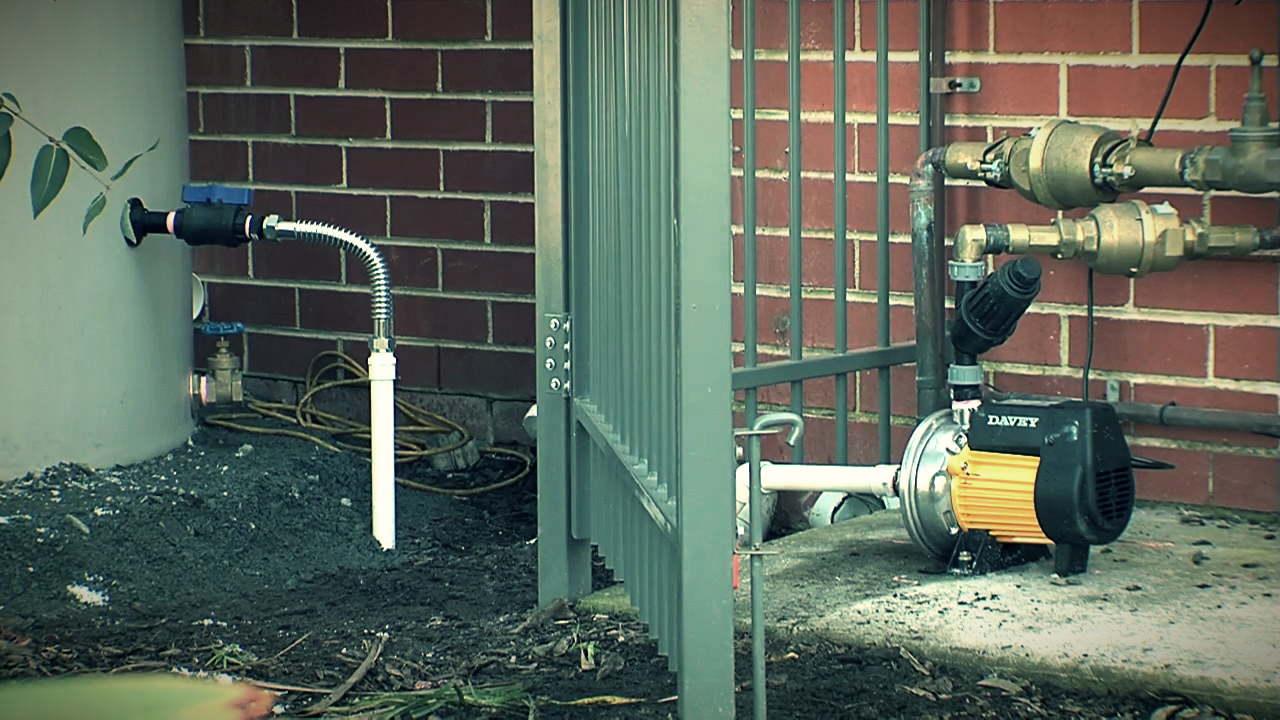Storing rainwater can be very useful in several ways and can meet your daily water usage. Rainwater tanks are great when it comes to storing the water, but the problem can come when it’s not delivered with the appropriate pressure. This calls for a rainwater pump to be installed, giving you reliable pressure and flow.
The main reason for a rainwater tank to be used is that it increases the water flow, but several factors can hinder it if left unchecked. So, when you buy a water tank pump, consider the below tips before deciding what type of pump will work best for you.
Energy Usage
Most people see a small pump and think low pressure, while a big pump equals more pressure. While this simple premise is true, the energy needed for both is often forgotten leaving your bills to skyrocket.
Instead, you must first consider your pressure needs and how much your pipes and faucets can cope with. There’s no use paying top dollar for a large pump that far outweighs the capacity of your plumbing.
Also, if you want your pump to consume less electricity, reduce the frequency of it turning on. For this, you can set up a pressure tank or a gravity feed system.
Water Pressure Needs
Water pressure is calculated in litres per minute (LPM). Using this formula, you can calculate the pressure you need and the pressure your pump is offering. For instance, if you need water for cleaning purposes, your pressure needs will be low, but if you require water for irrigation needs, you’ll need a pump that produces a high flow and pressure rate. So, for higher pressure, you will need a bigger unit capable of around 20 LPM. For low pressure, you can have a standard or smaller pump.
Distance Between Your Home and Tank
The longer the distance, the higher the pressure is required for water to reach the tap and offer a smooth flow rate. If you have installed your water pump far away from your home or you have a house that is double storey, you should consider buying a more powerful pump.
Some manufacturers advertise pumps with suitable pressure for multi-storey homes, but take care to double-check this applies to your house as no two installations are the same. The pump you buy should offer a head pressure of 20-50 metres at least, to ensure it can move water upwards against gravity.
Noise Levels
Noise can be a big issue for some people and if you are concerned about how much your pump will make then consider this: the more active the pump is, the more noise it will make. However, there are covers available that greatly reduce the noise and keep your pump safe. Some submersible pumps are available that they produce very little noise compared to their dry counterparts.










